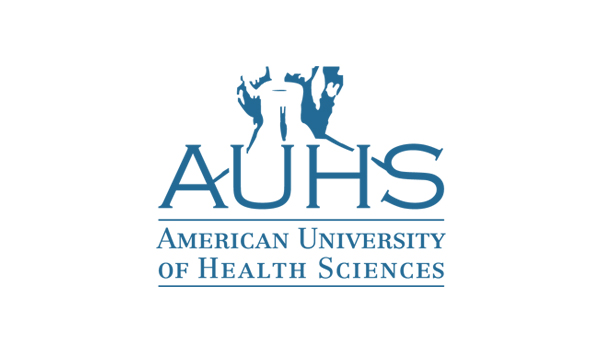Vietnamese Pharmacist Association Scholarship Essay
By Jason Tran, PharmD Candidate, Class of 2026
In the changing climate of our society, thousands of Vietnamese citizens are faced with arduous tasks related to the proper maintenance of their medication therapy ranging from the mundane to the most severe of cases. The most pressing issues facing the field of pharmacy today are the language barriers and lack of healthcare access available for the Vietnamese community, especially the elderly Vietnamese community. Considering how difficult it is for native English speakers to navigate the healthcare complexities of their everyday lives, it is likely that non-native English speakers are confronted with even more adverse circumstances. With over 200,000 Vietnamese citizens residing in Orange County, California, this makes up the largest population of Vietnamese citizens outside of Vietnam. There are approximately 2.3 million Vietnamese citizens residing in the United States, according to the 2023 census. To emphasize a growing concern, a vast majority of the Vietnamese population in the United States face language barriers that prevent them from properly communicating their medical needs with healthcare professionals. This can be extremely consequential for these patients, making them at risk for financial hardship, worsening or prolonged ailments, and even death. A proposal for this problem in the community would be to offer electives in pharmacy school curriculums that educate students on Medical Vietnamese. In these elective courses, students will learn the basic pharmaceutical terminology in a context that focuses on patient care. By implementing this initiative, students will be more prepared to communicate in the Vietnamese language when they go on their rotations, and when they embark on their professional careers. I plan to contribute to this solution by collaborating with student representatives from my cohort to introduce these ideas to the curriculum committee at my university, American University of Health Sciences. As students typically begin electives as early as the first academic year of the program at my institution, it will allow them enough time to hone the necessary skills in speaking, writing, and reading comprehension in order to effectively communicate with the Vietnamese community. In particular, elderly Vietnamese patients are most vulnerable to this issue as their knowledge base of English is typically minimal. From firsthand experience, elderly Vietnamese patients feel more comfortable and experience less anxiety when they meet pharmacy staff that can speak a certain level of Vietnamese to be able to guide them through their pharmacy related problems. In addition to advocacy at the academic institutional level, I would like to expand my advocacy at the city legislative level to require readily available signage and documents, such as medication guides transcribed in Vietnamese for clarity for Vietnamese speaking patients. Furthermore, I have worked as a pharmacy technician in the retail pharmacy setting where Vietnamese patients would come to speak with me regarding their pharmacy needs. Some have personally sought me out as their advocate amongst my colleagues. Some patients have went even as far as to rearrange their typical schedules or routes to commute further to come to my pharmacy due to their trust in my ability and willingness to help them succeed. Since my first encounter with a Vietnamese speaking patient, I have helped thousands of Vietnamese speaking patients on their path to better health. Regularly, I study and practice the Vietnamese language to not only benefit my patients, but to better communicate with my family members and other members of the Vietnamese community I come in contact with, especially in the Orange County area. These experiences I do not take for granted, as they have help me develop a closer connection to my heritage and culture. Interestingly enough, I have learned of the many herbal medicines often used in the Vietnamese community. This has led me to become more comfortable with working with my pharmacy staff to become more culturally competent. Cultural competency is critical as language is not the only struggle Vietnamese speaking patients have. Many members of the Vietnamese community adhere to deep cultural practices, especially in regards to healthcare and money. As a result, becoming a fluent and culturally competent Vietnamese speaker has allowed me to make a big difference in their lives in ways I never I thought I could. In the future, one of my professional goals would be to open up my own hospice pharmacy in Orange County. As business owner, I will require each one of my staff to be at least at a proficient level in the Vietnamese language. I also plan to be actively involved in many organizations that support the Vietnamese community, such as the Vietnamese Pharmacist Association. Through this involvement, I hope to advocate for more translation services to those who may need it. As many Vietnamese immigrants come from low-income backgrounds, I would also like to help spread awareness of financial programs available to help combat their financial hardships. It is my hope that this initiative will deter patients from having to decline medications, especially life-saving medications, due to inability to pay. As always, I remember to express my gratitude to my patients each time they visit my pharmacy and remind them they are not alone and that support will always be provided to them should they need it.



